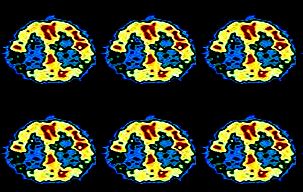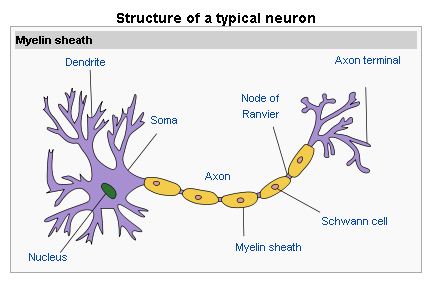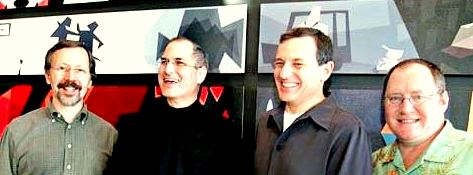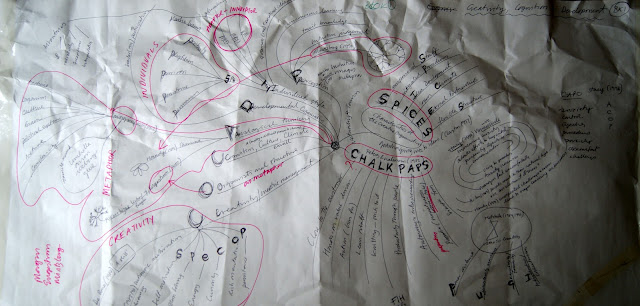
BBC Radio 4 on Creativity
Start the week with Andrew Marr.
JONAH LEHRER 'Imagine' How creativity works.
- A universal property of human nature (though it doesn't mean we are all equally good at it). Jonah Lehrer.
What is creativity?
A different kind of mental activity to sweating it out at the office, or the 'ah ha' moment in the shower. the epiphany.
Bob Dylan and his moment of insight (May 1965) when he least expected it (or wanted it), after a year long tour he took a break.
- The cortex sharing a secret with us. Jonah Lehrer.
What are the mental states and moods. Relaxed. Daydreaming is important, why a walk without the iPhone, a flight without the laptop, even in the bath is a place to tap into unconscious awareness.
Testament to unconscious ideas.

Value of collaboration, being surrounded by the right people, the big city, the 'cluster', such as Shakespeare moving to London (what was it about the 1580s and 1590s in London?).
Can we recreate another age of genius?
Grit. Single-mindedness. Persistance. Putting in the 10,000 hours.
JOANNA KAVENNA
Joanna Kavenna is a novelist.
Preparing for the 'great out pouring' then the potentially gruelling, striving.Defamiliarising yourself.
SCANNER
Robin Rimbaud – aka Scanner
Neurons firing, the heart beating. The social interactions that feed into this world.
Neuroscience confirms what we had always thought was necessary or going on, such as Colleridge going for walks (or Steve Jobs).
A wall chart showing 22 projects. A morning, an afternoon and an evening session then quit.
RACHEL O'REILLY
Dr Rachel O’Reilly is a research fellow in the Chemistry Department at the University of Warwick.
A chemist. How to take a material and improve it. Problem solving for a company, the 'audience' we report back to, or funders, another 'audience'.
And here's a creative team to die for:

Steve Jobs and Pixar
Breaking out of the mindset
Preposterous process of 'growing a baby' and a new encounter breaks you out of your mindset and habit.
Childhood play and do i.e. 'playfulness' compared to the business-like 'job' at a desk (even at a keyboard).
If you are at all successful, you are then expected to reproduce what you did before and the habitual way you work becomes a habit. Andrew Marr. (And what publishers/the public expect and want).
A writer and a musician want to change their voice.
Being in the right place at the right time.
The 'Semilweis knee-jerk reaction'.
[While doing some of this at Connect Wisdom]
Peak ages of creativity
- Poetry early 30, like Physicists.
- Novelists mid 40s
- Caused by 'enculturation'.
- So always try new things, constantly risk reinvention.
- Painters peak late.
- Historian late.
Imposed archetypes
Inestimable confluences of influences. The writer who is obsessed with reading other people's works as well as writing.
Exploring the science of creativity


